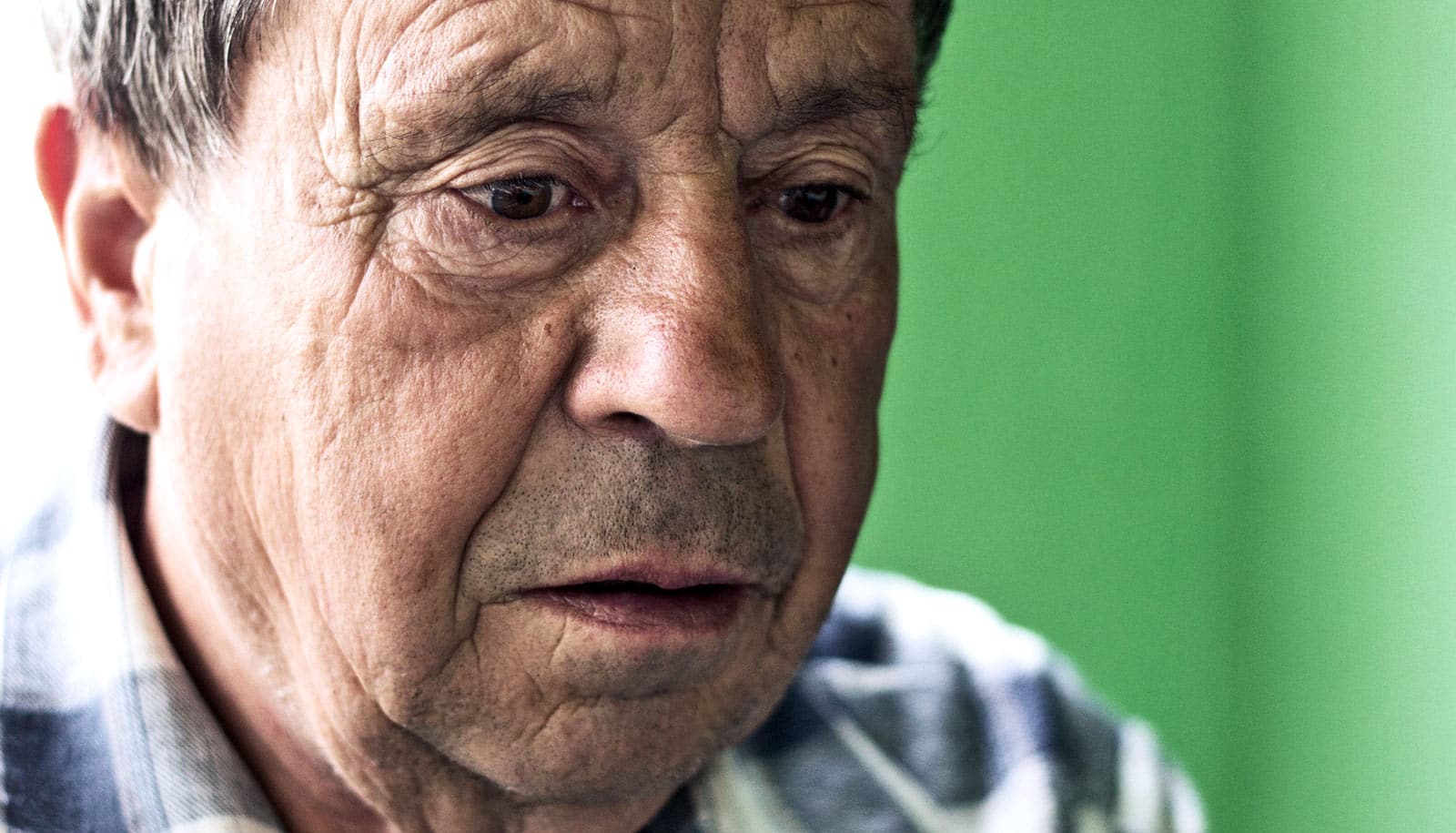Nearly one in five older patients with advanced cancer have financial problems that may cause them to delay treatment so they can pay for food and housing costs, which in turn leads to stress and poor quality of life, according to a new study.
Researchers conducted the “financial toxicity” study at several cancer clinics across the country, involving 542 patients ages 70 to 96, says senior author Supriya Mohile, a geriatric oncology expert and a professor at Wilmot Cancer Institute at the University of Rochester Medical Center.
Real world experiences
“Our results are striking and important because it’s tapping into a patient population that reflects real world experiences,” Mohile says. “The majority of cancer patients are older, often living on restricted budgets, and do not want to be a burden on their children.
“Their money has to cover not just cancer-related expenses but other health expenses—such as high blood pressure or diabetes medications—and other costs of living. This is a common scenario and as a society we need to pay attention.”
Asad Arastu, a University of Rochester School of Medicine and Dentistry student with a background in economics, led the research by slicing out a subset of data from a larger, peer-reviewed study on geriatric assessments that Mohile conducted in the past.
The team developed an easy-to-use screening tool for patients comprised of three questions:
- Have you ever delayed medications due to cost?
- Have you ever had insufficient income in a typical month for food and housing?
- Have you ever had insufficient income in a typical month for other basic needs?
Researchers categorized patients who answered yes to any of the questions as experiencing financial toxicity, Arastu says. The goal was to create a screening tool for busy oncologists with content that patients could easily and quickly understand.
Help for patients
On average, patients with financial hardships also scored lower on measurements of anxiety, depression, and quality of life—important factors to consider when caring for these patients because they can impact outcomes, Mohile says.
Further, the researchers discovered that when patients met the criteria for financial toxicity, oncologists only discussed cost issues with them about 50 percent of the time.
“As a practicing oncologist, I understand this because we’re often focused on treatment,” Mohile says. “I’m not always going to be aware of financial troubles. But I was really struck by how asking these three basic questions will allow us to improve the patient’s quality of life by getting them help.”
The American Society of Oncology (ASCO) will highlight the research at its annual Quality Care Symposium.
The next step, Mohile says, is to develop standards for helping older cancer patients solve financial difficulties. A lot of variability exists in clinics across the US, requiring the sharing of best practices.
The Patient-Centered Outcomes Research Institute funded the research.
Source: University of Rochester

